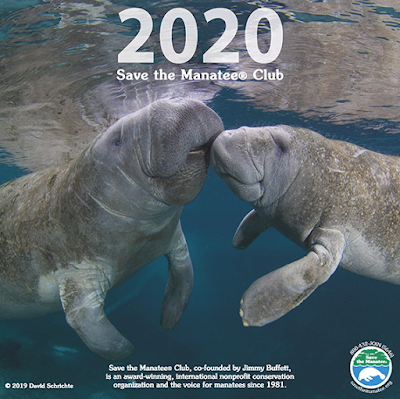
My clients are trying to be environmentally conscious citizens, keeping things out of landfill when possible. So they do a lot of recycling — which is easy where we live, with curbside pickups every week or two, depending on the city.
But now, as you have likely read, there’s less of a market for many recyclables since
China stopped accepting many kinds of recyclable waste back in 2017. This is affecting local recycling companies as they need to find other buyers for their recyclables, although the reports as to how drastic the impact has been vary quite a bit.
Given this situation, what can an environmentally conscious person do?
1. Know and follow your local recycling rules.
In The Atlantic, Alana Semuels does a nice job of capturing common attitudes to recycling:
About 25 percent of what ends up in the blue bins is contaminated, according to the National Waste & Recycling Association. For decades, we’ve been throwing just about whatever we wanted — wire hangers and pizza boxes and ketchup bottles and yogurt containers — into the bin and sending it to China, where low-paid workers sorted through it and cleaned it up. That’s no longer an option. ...
Americans tend to be “aspirational” about their recycling. ... Even in San Francisco, Reed kept pointing out items that aren’t easily recyclable but that keep showing up at the Recology plant: soy-sauce packets and pizza boxes, candy-bar wrappers and dry-cleaner bags, the lids of to-go coffee cups and plastic take-out containers.
Note: Reed is Robert Reed of the recycling company Recology.
George Skelton captured the same problem in an article in the
Los Angeles Times:
“People are engaged in wish recycling,” says Mark Oldfield, public affairs director at CalRecycle, which runs the state’s recycling program. “They think: ‘This should be recycled. I’m going to put it in the bin.’”
“It’s amazing what people put in recycling bins,” Oldfield continues. “Dirty diapers. Broken crockery. Old garden hoses.”
The recycling rules in my city are different from those of another city just three miles away, so be sure you know the rules where
you live. Ignoring the rules can cause two problems:
1. Bales being bundled for resale can become contaminated, so items sell for less or not at all. That’s the reason some recycling facilities tell you to clean your food bottles; they don’t want any bits of food to get onto the paper that’s in the same recycling bin.
2. Items such as plastic bags and clothes hangers can gum up the machinery used in the recycling facility.
2. Replace hard (or impossible) to recycle items with ones that can easily be recycled.
Here's an example from the hotel world. If you collect those little bottles of shampoo and such from hotels (and then perhaps have them sit around your house, unused, for years), you will soon be out of luck at many hotels.
As Dee-Ann Durbin reported for Associated Press just this week:
Marriott International, the world's largest hotel chain, said Wednesday it will eliminate small plastic bottles of shampoo, conditioner and bath gel from its hotel rooms worldwide by December 2020. They'll be replaced with larger bottles or wall-mounted dispensers, depending on the hotel.
The move follows a similar announcement last month by IHG, which owns Holiday Inn, Kimpton and other brands. ...
Marriott has wanted to get rid of small bottles for years, President and CEO Arne Sorenson said. There are just too many of them, he said, and they're difficult to recycle because of the time it takes to clean them out. But it took a lot of work to design tamper-resistant large bottles and get suppliers on board.
The larger bottles will still be plastic, and Marriott still plans to replace them — not just refill them — when they run low. But Naguib said the larger bottles are easier to recycle than smaller ones.
3. Focus on the “reduce” and “reuse” parts of that “reduce, reuse, recycle” refrain.
Here are a couple examples:
- Recology was asked how you recycle wire hangers, and its reply was: “You don’t. You take them back next time you go to the dry cleaners. That’s reuse which is even better than recycling.”
- When feasible, choose items with minimal packaging rather than the over-packaged things we often see.
That “reduce” focus is also getting some support from government and business, as the following stories illustrate:
I’ve been carrying my own water bottle around rather than buying bottled water for quite a while. The one exception I sometimes made was buying bottled water at the airport the few times a year that I fly. But now
San Francisco airport has banned the sale of plastic water bottles, so it seems I’ll be carrying a bottle onto the plane, too. (Fortunately, the airport has plentiful
“hydration stations” for refilling those water bottles.) So good for them for making me do the right thing.
Similarly,
Hilton is removing plastic water bottles from meetings and event spaces in Europe, the Middle East, Africa and Asia Pacific. (Why not the U.S.? I don’t know!)
Photo credit: Recology brochure









